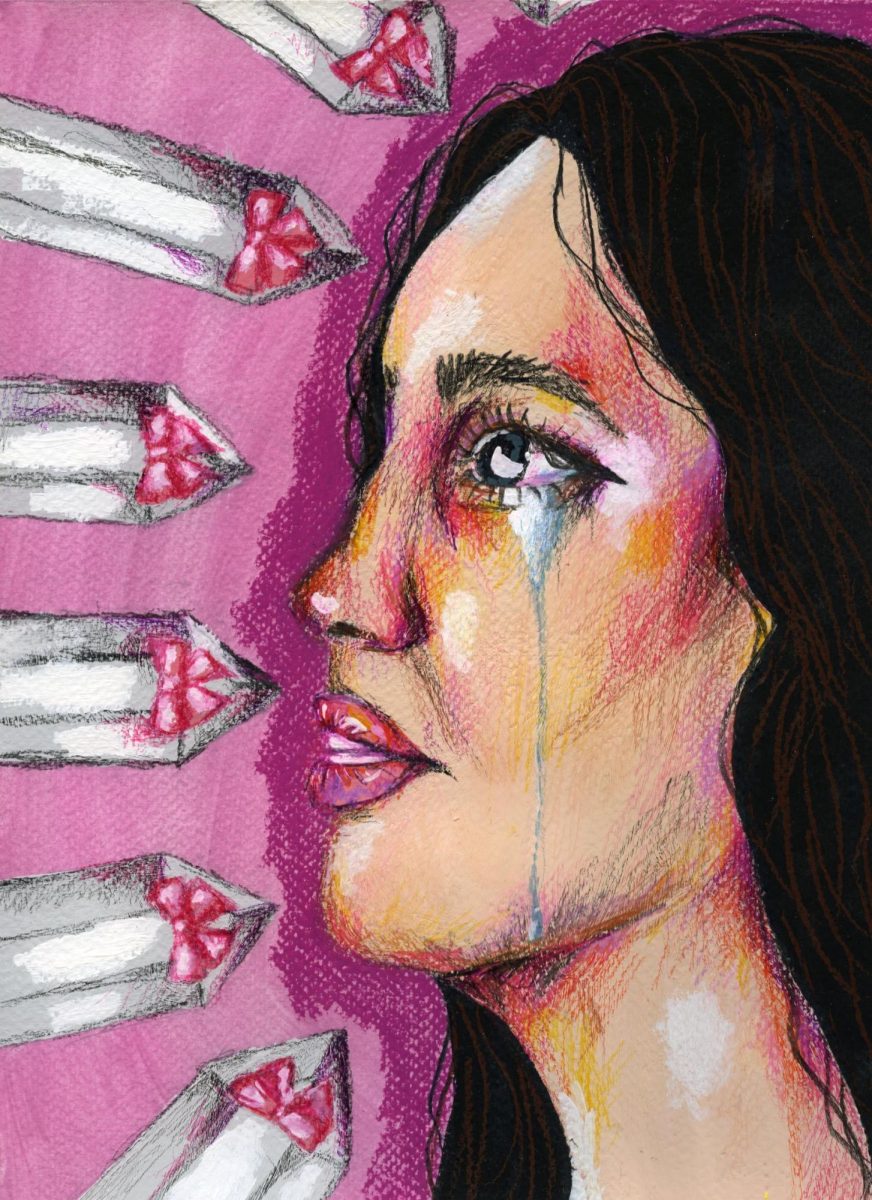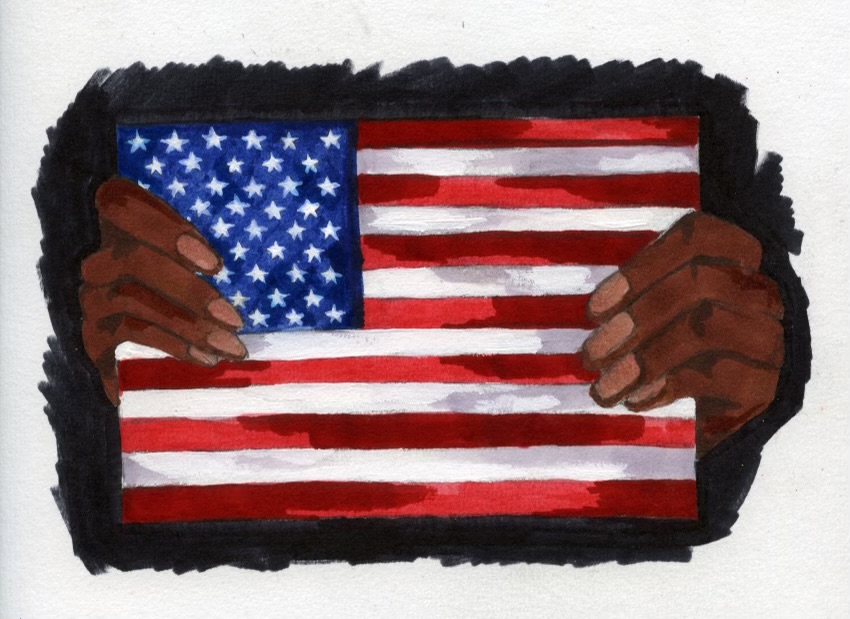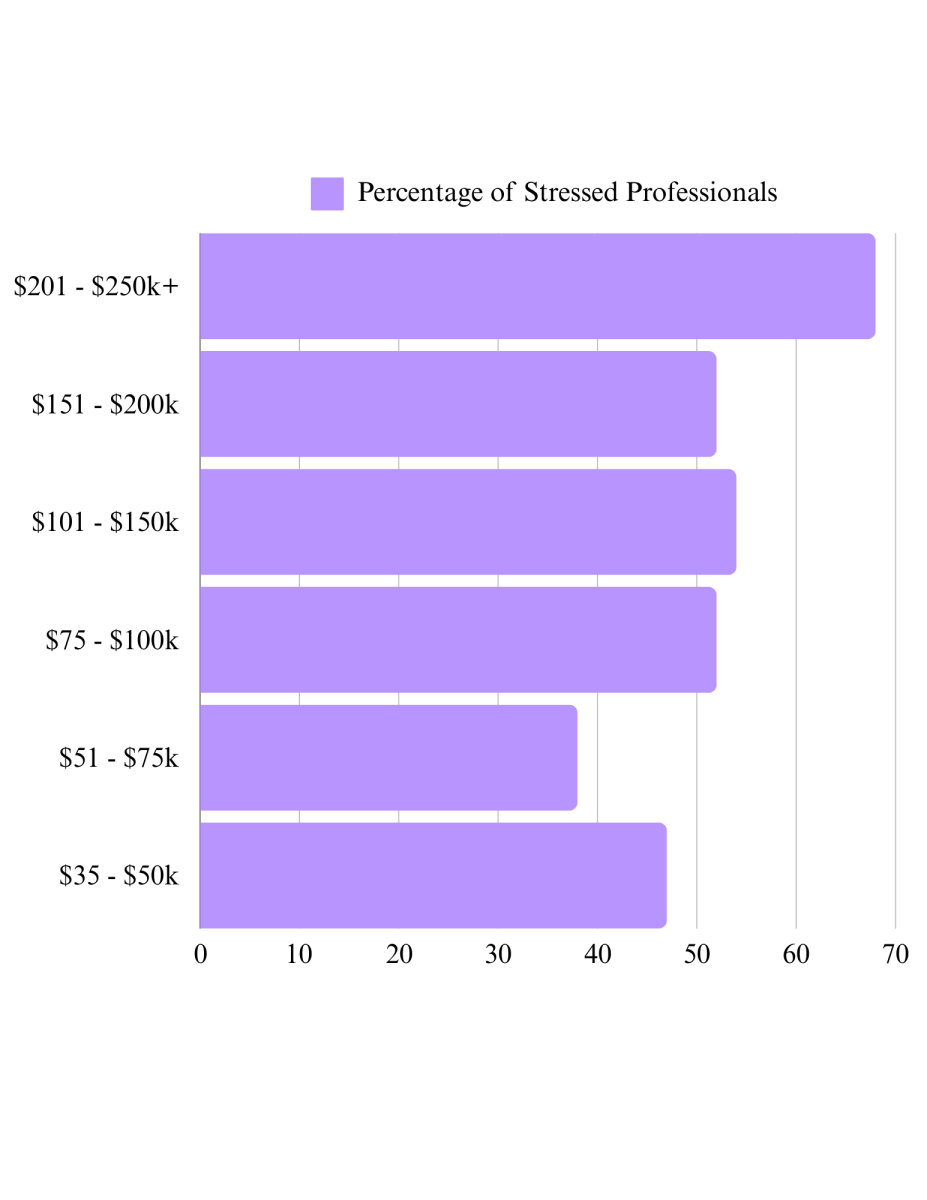The “ideal woman” has been ingrained into society and the minds of women and men alike for hundreds of years. She’s passive, submissive, kind, a homemaker, a pure and untouched woman. Growing up, I came to resent some traditionally feminine ideals and stereotypes. I only had a couple years of ignorance, where I admired Disney princesses and sparkly high heels. I adored the color pink.
But then, it all changed. “Pink” became “weak.” When I learned the patriarchal, upsetting parts of who a girl was supposed to be, the feminine things that were also connected to girlhood were tied to them. They almost seemed interchangeable. Since “weak” and “girly” were both things women were stereotyped to be, they became intertwined. Dresses and high heels became symbols of oppression. In my mind, femininity became a weakness. “Girly” was what I strived against, because “strong” was what I strived for. I wish this didn’t happen.
As a society, we have to separate femininity from patriarchal views and values. Negative connotations towards femininity are expressed through the media, trends, characters, and our everyday world. Whether they are conscious or subconscious, they hurt women.
Recently, bows, pink, dresses and “girly” styles have dominated both stores and runways. I see it as a reclaiming. But, femininity is also being presented in new ways that are not helping to reverse the stereotypes tied to it. One of these is “pick-me” culture, centered around women bringing down other women, often for reasons such as wearing too much makeup, dressing feminine or “suggestively,” or wanting male attention. Though there’s nothing wrong with acting this way, this culture has deemed these traits as negative. Degradation of women who align more with the “ideal woman” is not feminism. It’s the opposite. It’s contributing to the alienation of working women and household women, feminine women and less typically feminine women, and this alienation only hurts women as a whole.
You may have also heard of the saying “I’m just a girl.” It started as a TikTok trend and grew into a saying most often used as a joking excuse for stupid, reckless, or lazy behavior in both dramatic and everyday situations. Often paired with pink bow emojis and other feminine symbols, it further reinforces degrading stereotypes towards women and feminine things that we should be moving away from. What seems like a simple joke could be much worse — a saying that contributes to the stereotypes that women and femininity are weak and unintelligent.
Even though pink and other historically feminine things are no longer as rampantly deemed as “for girls” as they used to, the connotations connected to femininity still stand. As a society, we need to separate “weak” from “feminine.” I’m sad that I felt the need to resent traditionally feminine things as a little girl because I also resented female oppression. I wanted to be a “strong woman.” But, I learned that there’s no model a strong woman needs to fit into. She doesn’t have to rebel against traditional femininity. A strong woman can love pink and feminine things. She can cry, she can get upset, she can be gentle and quiet, she can love. She can be emotional: something that gives people incredible power. It’s the motivation for any great accomplishments or activism. Women should not have to be made to feel guilty about loving feminine things, being or wanting to be a mother or a wife, or desiring a husband. Wanting these things should also not be tied to conservative values. Being a stay-at-home mother is not a symbol of conservatism and being traditionally feminine is not a symbol of being against feminism.
Femininity can take countless unique forms, and no matter what form a woman’s femininity takes, “girly” or not, it deserves respect.










